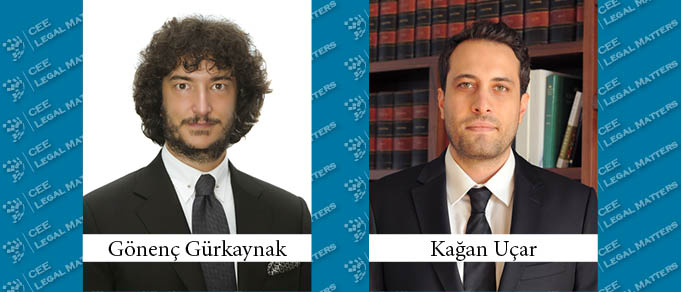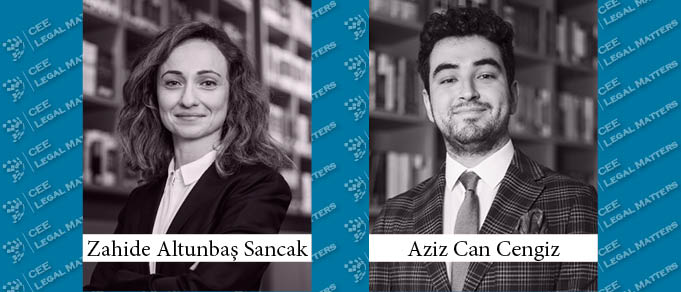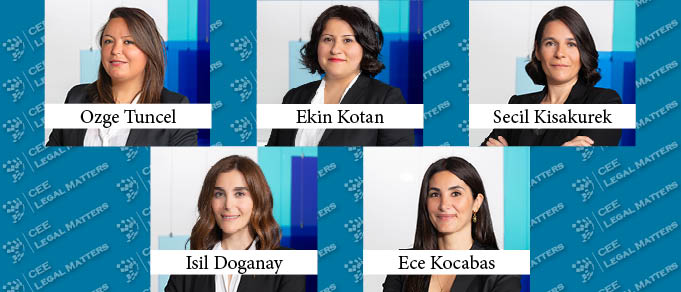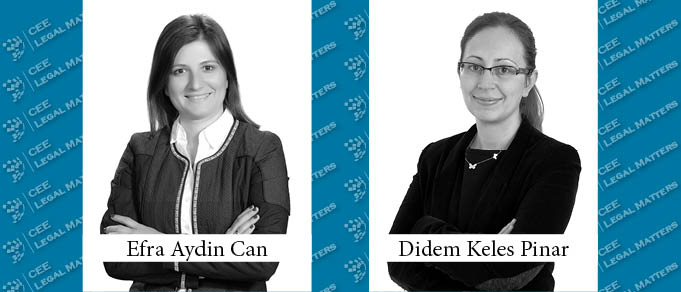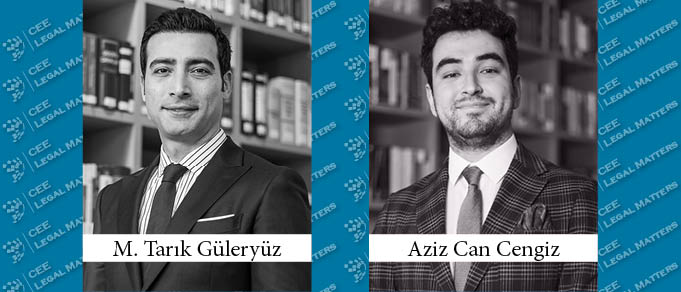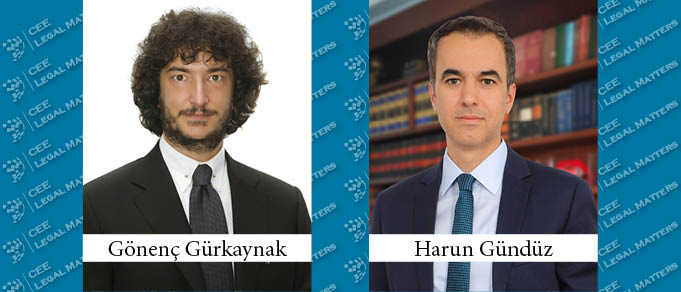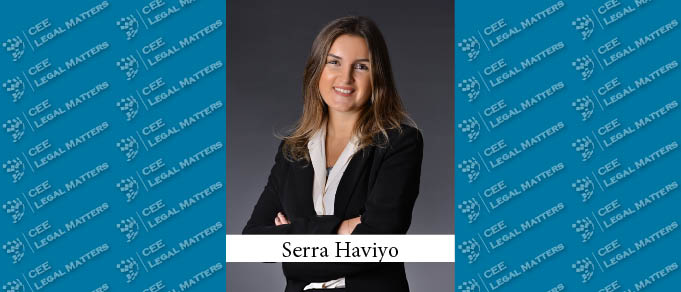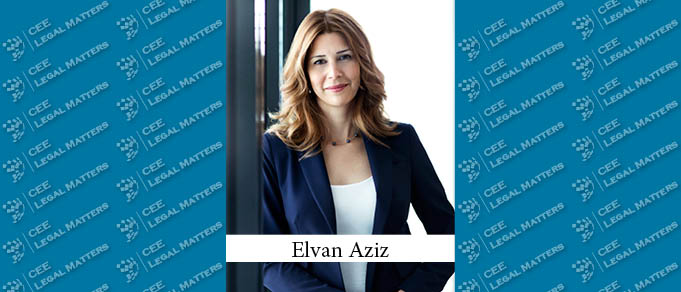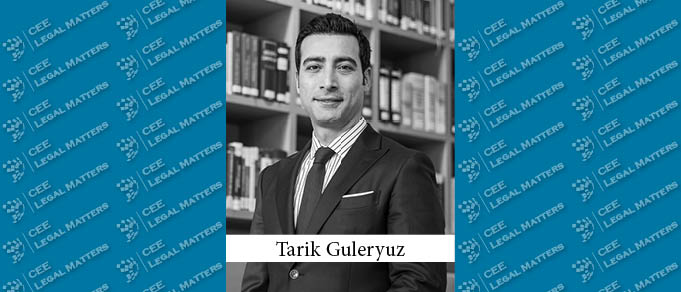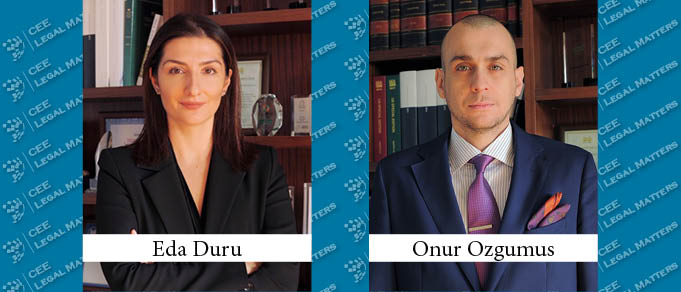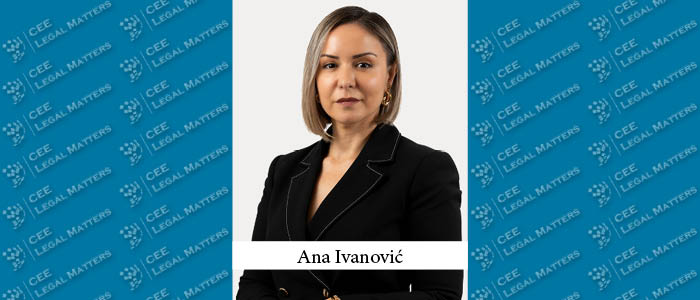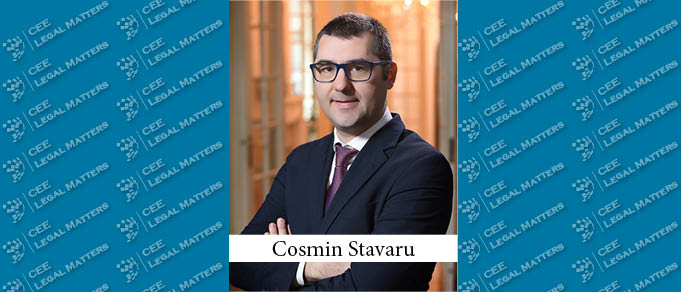The currency fluctuations in Turkey have resulted in challenges but have also created opportunities for investment in the country, according to Esin Attorney Partnership Partner Caner Elmas.
Turkey’s Capital Markets Board Submitted Draft Green Debt Instruments and Green Lease Certificate Guidelines to Public Opinion
Many economies, particularly those in the European Union [“EU”], are now centered on the environment-oriented and sustainable economy model known as "Green Transformation," which aims to mitigate the negative environmental consequences of human-induced parameters on the ecosystem. Turkey, also, had signaled that it would not stay out of this shift by ratifying the Paris Climate Agreement in October 2021.
The Turkish Competition Board Emphasizes the High Standards Applied in the Assessments Regarding the Allegations Concerning Discrimination and Refusal to Supply in the Pharmaceuticals Sector
The Turkish Competition Board (“Board”) has recently assessed the allegations that Allergan Ilaclari Ticaret A.S. (“Allergan”) engaged in discriminatory conduct and abused its dominant position by way of refusal to supply in its preliminary investigation decision. The complainant, Denge Ecza Deposu Ticaret A.S. (“Denge”), alleged that Allergan supplied some of its pharmaceutical products only to certain warehouses, rejected Denge’s request to work with Allergan and hindered Denge’s activities by restricting its access to Allergan’s products. The Board’s decision is remarkable as it assesses the allegations in detail under both Article 4 (anticompetitive agreements) and Article 6 (abuse of dominant position) of Law No. 4054 on the Protection of Competition (“Law No. 4054”) by discussing the competition literature on certain concepts such as indispensability and essential facilities doctrine and making references to the decisional practice in the European Union.
Impact of Turkish Law No. 805 on International Arbitration Agreements
Law No. 805 on Compulsory Use of Turkish Language in Economic Institutions ["Law No. 805"] has been in effect for very long time, i.e., since April 22, 1926. Even though it is an old regulation with only 9 articles, it has sparked debate regarding international contracts over the years, particularly in the field of arbitration, and it has even become a roadblock in our legal system regarding the validity of contracts.
Possibility of an Advertisement Ban Decision Negating the Protection Granted to Honest Use of Trademarks
The Advertisement Board rendered an advertisement ban decision and concluded that the use of registered trademarks on a business sign without a contractual relationship with the proprietor of displayed trademarks is an unfair commercial practice. The Advertisement Board’s reasoning is that such use on the business sign without any legal contractual relationship, such as license agreements, creates the wrong impression over the consumer that this particular business is an authorized service shop of the business products bearing the displayed trademarks. The decision of the Advertisement Board is published on the Advertisement Board Meeting Press Bulletin dated May 4, 2021 and numbered 309.
Ozge Tuncel, Ekin Kotan, Secil Kisakurek, Isil Doganay, and Ece Kocabas Make Associate Partner at KP Law
KPMG's Turkish affiliated law firm KP Law has appointed five new Associate Partners. Ozge Tuncel, Ekin Kotan, Secil Kisakurek, Isil Doganay, and Ece Kocabas have all joined the partnership, as of January 1, 2022.
Turkey: Unauthorized Capital Market Activities
Capital market activities as defined under Article 34 of the Capital Markets Law No. 6362 (the “CML”) are activities of capital market institutions falling within the scope of CML, investment services and activities and other ancillary services falling within the scope of the CML. In order to carry out capital market activities, permission of the Capital Markets Board of Turkey (the “Board”) is required. Obtaining permission is particularly important given that the consequences of determination by the Board that such activities are carried out without the permission from the Board may have severe consequences.
Efra Aydin Can and Didem Keles Pinar Make Partner at Egemenoglu
Efra Aydin Can and Didem Keles Pinar have been promoted to Partner at Egemenoglu, as of January 1, 2022.
Turkish Law of Inheritance Series IV.: Disinheritance, Successional Indignity, Renunciation of Inheritance and the Right to Disclaim
While inheritance is considered an extension and an aspect of the property right, a person may be deprived of this right due to their own consent or in some cases, unlawful actions. These possibilities are regulated by Turkish law under the titles of disinheritance, successional indignity, renunciation of inheritance, and the right to disclaim.
Turkey: Power of Privileged Shares
In terms of Turkish corporate law perspective, different types of privileges may be granted to certain shares during drafting the articles of association while a joint-stock company is being established or by way of amending articles of association of an already established joint-stock company. These privileges may be on dividend right, liquidation share, pre-emptive right, voting right and other similar rights. In this regard, the shareholders holding privileged shares in a joint-stock company are deemed privileged shareholders. In this article, we will focus on rights of privileged shareholders and relevant procedures that need to be followed for the circumstances that may affect interests of privileged shareholders within the framework of Article 454 of the Turkish Commercial Code No. 6102 (“TCC”) and the Regulation on the Procedures and Principles of General Assembly Meetings of Joint-Stock Companies and Ministry Representatives Attending the Meetings.
Taxi, Please! Has the Competition Board Chosen its Legislative Side Regarding the Liability of Facilitators?
Cartel facilitators are viewed as possible instruments for undertakings to disguise their restrictive agreements and to get around competition law obligations. The approach that enables third parties to be held liable as “cartel facilitators” under the EU competition law dates back to the 1980s, when the European Commission (“Commission”) decided for the first time in Italian Cast Glass that the third party, which was not active in the affected market but enabled and assisted the implementation of the restrictive behavior, was jointly liable for the cartel.
Real Estate Laws and Regulations in Turkey
Contributed by Kolcuoglu Demirkan Kocakli.
Serra Haviyo Makes Partner at Moral & Partners
Serra Haviyo has been promoted to Partner at Moral & Partners. According to the firm, Haviyo will be responsible for the Corporate Advisory, M&A, and Banking & Finance Departments.
The Buzz in Turkey: Interview with Elvan Aziz of Paksoy
Turkey's toughest challenges are inflation, exchange rates, and the devaluation of the Turkish Lira, according to Paksoy Partner Elvan Aziz.
Turkey: 2021 FCPA Enforcement Actions and Highlights
So far, 2021 has seen less activity in terms of enforcement actions under the Foreign Corrupt Practices Act ("FCPA"), compared to 2020. In 2021, the United States Department of Justice ("DOJ") took a total of 19 enforcement actions, and the Securities and Exchange Commission ("SEC") took a total of 4 enforcement actions. Therefore we observe that the DOJ has been a lot more active than the SEC in terms of the number of enforcement actions this year.
Amendments Introduced in the Bankruptcy and Enforcement Code and Other Laws of Turkey as of November 30, 2021
The Code on Amending the Bankruptcy and Enforcement Code and Some Other Laws ["Amendment Law"] No. 7343 was adopted on November 24, 2021 and entered into force after being published in the Official Gazette No. 31675 on November 30, 2021. In this article, we will explain the critical changes brought by the Amendment Law.
Six New Specialized Courts Will Be Established in Turkey
The Council of Judges and Prosecutors ["CJP"] of Turkey resolved on establishment of six new specialized courts through its decision dated November 21, 2021, published in the Official Gazette on November 30, 2021. The CJP also published an announcement on its website.
Eda Duru and Onur Ozgumus Make Partner at ELIG Gurkaynak
Former Counsels Eda Duru and Onur Ozgumus have been promoted to Partner at ELIG Gurkaynak in a promotion round that saw five other lawyers promoted to Counsel.



